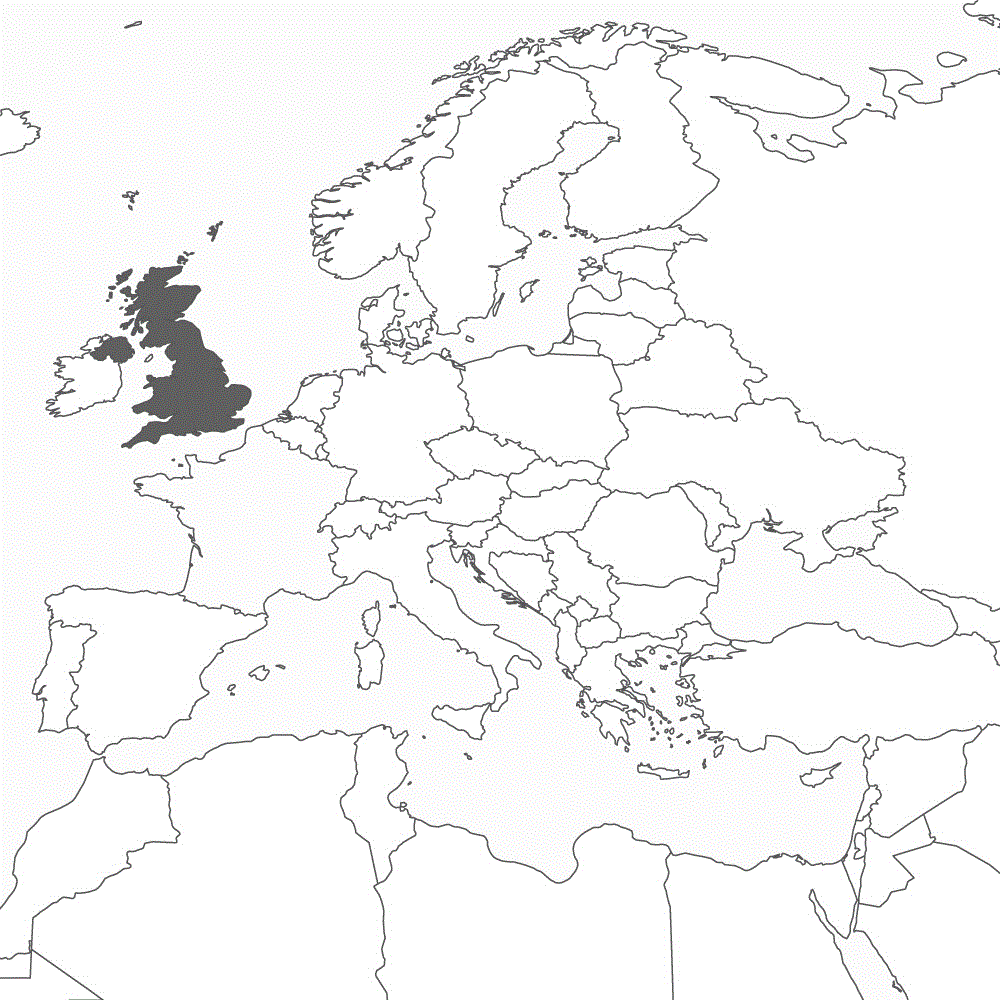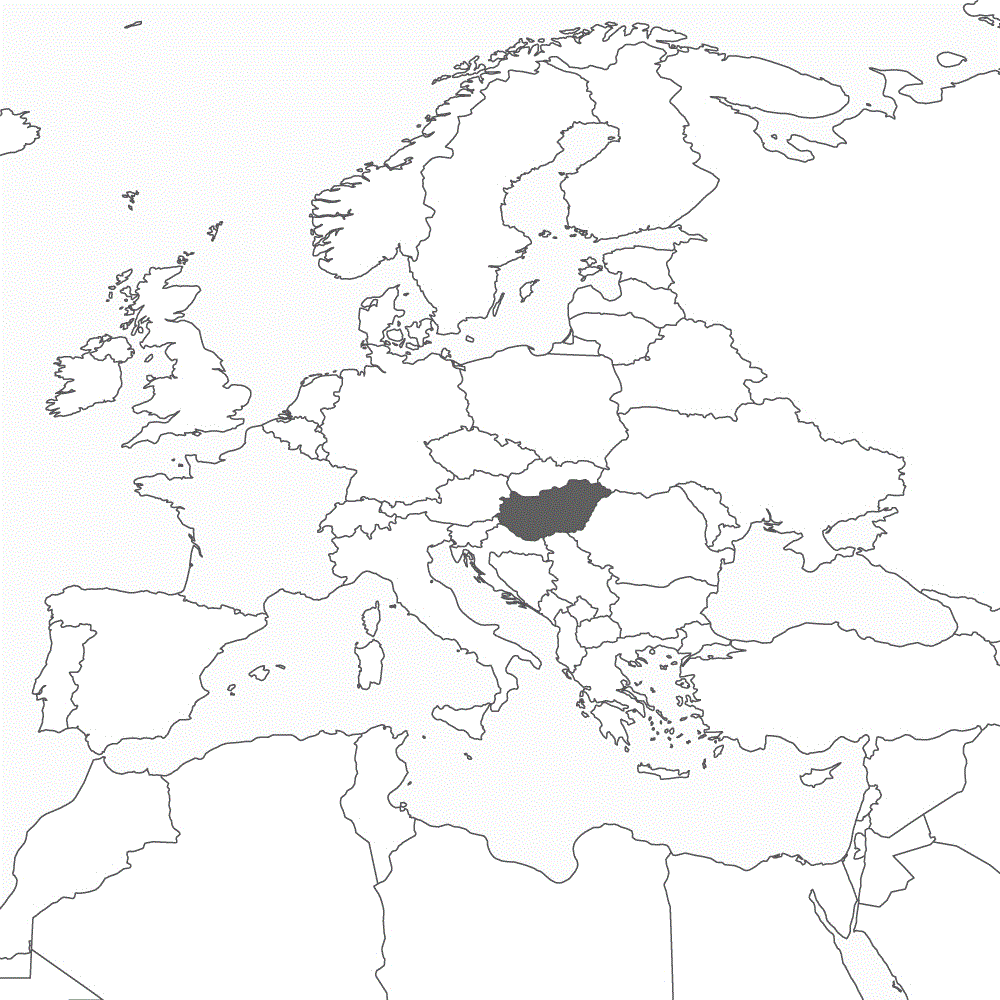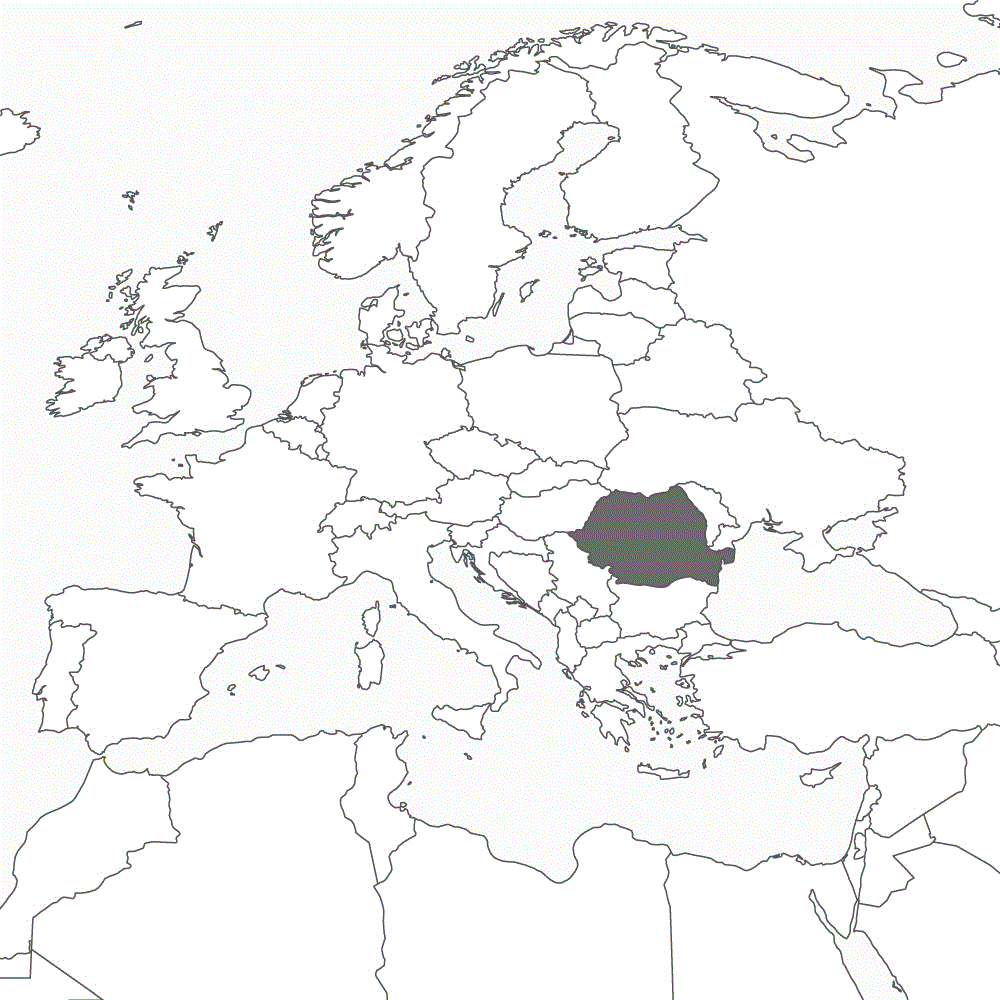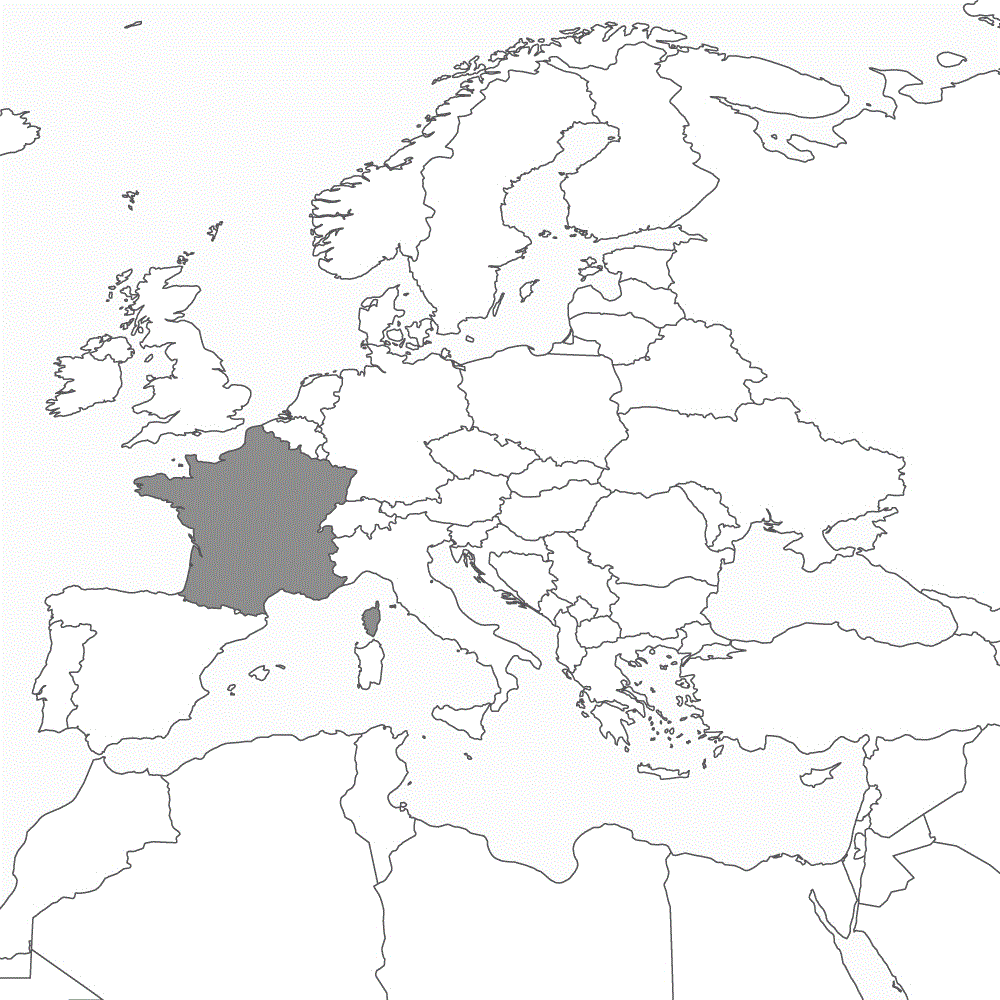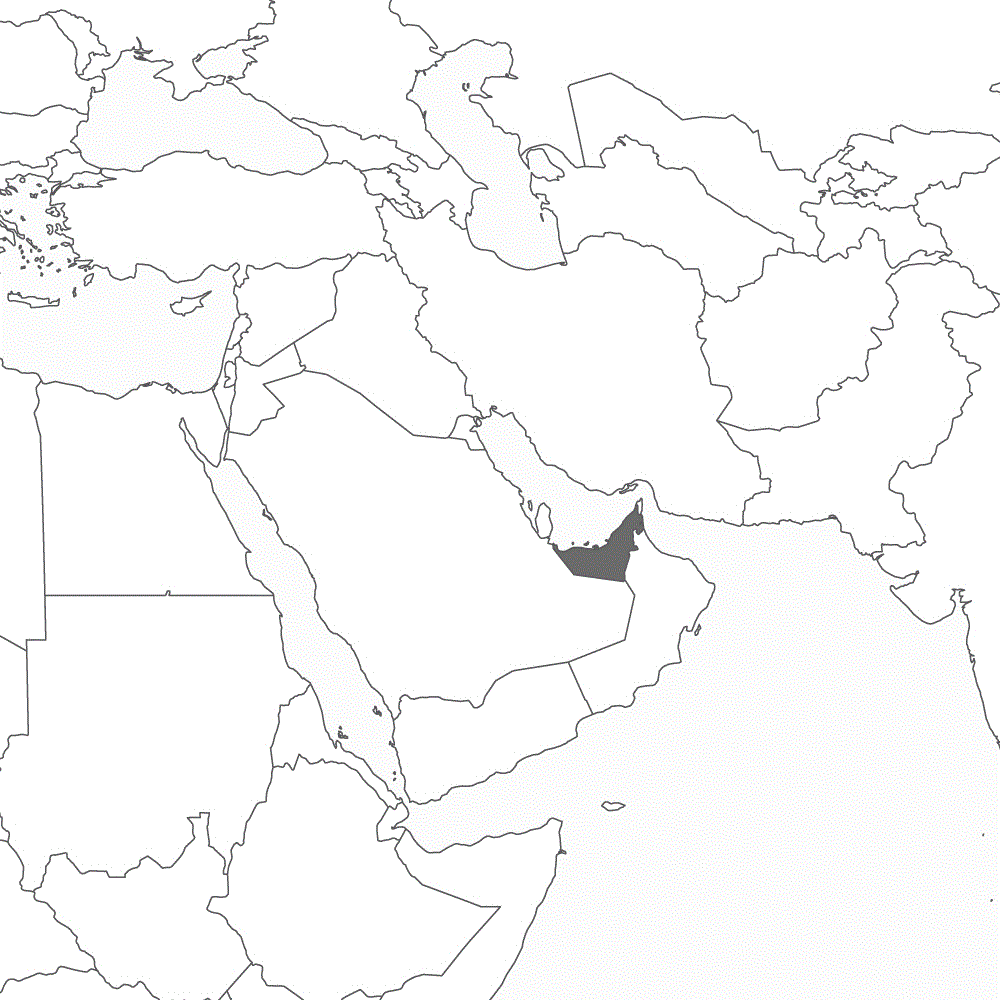„Wages not Weapons“
Interview with Alex Gordon on the growing resistance of British trade unions to the current arms build-up and the threat of war.
LONDON german-foreign-policy.com spoke with Alex Gordon about the growing resistance of British trade unions to the current arms build-up and the threat of war. Gordon was president of the National Union of Rail, Maritime and Transport Workers (RMT), the largest rail and transport union in the United Kingdom, from 2010 to 2012 and again from 2022 to 2024. He is also a member of the Campaign for Nuclear Disarmament (CND), which has been campaigning against nuclear armament since its foundation in 1957. At the end of May, RMT and CND published the Alternative Defence Review, a counter-model to the Strategic Defence Review, the British government's central foreign and military policy strategy paper. The Alternative Defence Review has contributed to a change of course among British trade unions, which shortly after the start of the war in Ukraine supported the arms build-up enforced by the government of Prime Minister Boris Johnson. Today, they have taken a clear stand against the diversion of huge amounts of public money away from the workers and towards the arms industry. Read more
Hungary hub for Chinese EV competitors
Germany’s crisis-stricken automakers expand e-vehicle production in Hungary in cooperation with Chinese suppliers. Chinese competition now looming within the EU.
BUDAPEST/BERLIN (own report) – Hungary as a production location has become a key player in Europe’s automotive and battery value chain. The ailing German car manufacturers face the prospect of Chinese competition emerging for the first time from within the EU. While Hungary’s automotive industry has long been dominated by German car manufacturers, the country is now also attracting companies from China. Major Chinese investment, initially focused on battery production, is part of a wider strategy: the new plants are being built primarily in the vicinity of German production facilities. These supplies have already developed well-established relationships with Germany’s automotive groups. Chinese battery manufacturers are linking into industrial structures built up in Hungary over decades-long German corporate presence, which was attracted by government incentives to locate eastwards. So Hungary, having become an industrial hub within Europe, is strengthening its position, in the short term at least, by adding value for German companies in particular. In the meantime, however, BYD is building a major plant in Hungary, becoming the first Chinese carmaker to begin vehicle assembly in Europe. This investment represents a significant expansion of China’s presence. In the medium term, it means that the crisis-ridden German automotive industry will face tougher competition from within the EU. Read more
Foreign takeovers across Germany
Ever more acquisitions of German companies as foreign investors – Chinese, Indian, Polish, Czech – take advantage of a deep economic crisis and record SME insolvencies.
BERLIN (own report) – The economic crisis in Germany is enabling a growing number of takeovers of German companies by foreign investors. On the one hand, Germany’s major corporations are in trouble while, on the other, industry is currently facing a wave of insolvencies above all among once resilient Mittelstand, the small and medium-sized enterprises (SMEs). Just recently, the plastics and chemicals group Covestro became the first DAX-listed company to be swallowed up by a corporation from the Gulf States. Adnoc, from the United Arab Emirates, made its move back in October 2024. Among others, Chinese e-commerce giant JD.com is currently securing a majority stake in German electronics retailer Ceconomy (Media Markt, Saturn). JD.com has taken control in order to compete with Amazon and Alibaba in European markets. Chinese sports brand Anta Sports Products is considering the acquisition of Germany’s legacy brand Puma. Meanwhile, talks are continuing about the possible takeover of ThyssenKrupp Steel Europe (TKSE), Germany’s largest steel manufacturer, by the Indian steel giant Jindal Steel International. Czech and Polish investors are also emerging as buyers, particularly for small and medium-sized enterprises. A growing number of German SMEs are threatened with bankruptcy. Germany has become the main target in the EU for foreign takeovers. Read more
The white future of the West
The Trump administration now demands ‘remigration’ – the terminology of the extreme right. US embassies in Europe told to push governments to follow racist deportation policies.
WASHINGTON/BERLIN (own report) – The Trump administration is adopting the ‘remigration’ demand already voiced by the extreme right in Europe and initiating diplomatic steps to force governments, including Berlin, to follow racist deportation policies. President Trump declared last week that “only reverse migration” could save the United States. The US Department of Homeland Security is demanding “remigration now”. Washington is escalating its forced removals, primarily of non-white people. Meanwhile, white South Africans often from racist backgrounds are being accepted as “refugees” in the US. The demands set out in the AfD’s programme for the Bundestag election include “remigration”. The chair of the AfD youth organisation, newly founded at the weekend, advocates “millions of deportations”. In a recent cable, the State Department called on US embassies in the transatlantic world, including Germany, to exert strong pressure on their host governments to emulate Trump’s racist deportation policy. The long-term strategy is to forge a white, supposedly powerful bloc in the struggles for global hegemony. Read more
Romania’s far right
Interview with Vladimir Borțun on the rapid rise of the Romanian far right and what the dominant position of foreign companies, including German ones, in Romania has to do with it.
LONDON german-foreign-policy.com spoke with Vladimir Borțun about the rapid rise of the Romanian far right and what it has to do with the dominant position of foreign companies, including German ones, in Romania. Borțun is a political scientist and teaches at St John's College, Oxford University. He points out that the steady advance of foreign companies in Romania is not reducing poverty in the country, but is now putting pressure on growing sections of the local petty bourgeoisie. This class supports the far-right party AUR (Alianța pentru Unirea Românilor, Alliance for the Union of Romanians), whose president George Simion came very close to winning the recent presidential election with 46.4 per cent of the vote. In polls, AUR is currently in first place with almost 40 per cent, well ahead of the social democrats of PSD, which is in second place with 20 per cent. In the European Parliament, the AUR belongs to the European Conservatives and Reformists (ECR) – alongside the Fratelli d'Italia (FdI) of Italian Prime Minister Giorgia Meloni and the Polish PiS party, whose candidate Karol Nawrocki has been President of Poland since 6 August. Read more
The struggle for digital sovereignty (II)
Germany and France launch new initiative to reduce digital dependence on US: summit held amidst think-tank warnings of Washington weaponising vulnerabilities.
BERLIN/PARIS/BRUSSELS (own report) – At a ‘Summit on European Digital Sovereignty’ last week, several EU heads of state and government discussed measures to reduce Europe’s digital dependence on the United States. The summit was officially convened by Germany and France. A position paper entitled “Declaration for European Digital Sovereignty” was then issued. It is considered the most comprehensive attempt to date in the European Union to formulate a common understanding of digital sovereignty. Shortly before, the meeting, the influential Berlin-based SWP think-tank (German Institute for International and Security Affairs) had published an analysis highlighting the EU’s dependence on the US in cyber security. The author highlights three scenarios in which the US could leverage this dependence as a weapon against Europe. One scenario envisages Washington forcing concessions in the field of foreign and defence policy. However, addressing issues of Europe’s weak digital sovereignty is not new. The EU bloc has already taken initiatives in this direction. One project for use control over data, called Gaia-X, was considered by many to have failed, but is currently being revived. Read more
Wrangle over the 28-point plan
Germany, France and the UK seek to change key elements of the 28-point ceasefire plan in Geneva talks with the US – not least to promote their arms industries.
BERLIN/WASHINGTON (own report) – Germany, France and the United Kingdom are seeking to comprehensively alter core elements of the 28-point plan for a Ukraine ceasefire at talks with the United States in Geneva. On the one hand, the European intervention is about how exactly the Russian foreign assets frozen in the EU will be used. On the other, it is about loosening any restrictions imposed on the future strength of Ukrainian armed forces. While in official statements Berlin and Brussels claim to be promoting Ukraine’s interests, what is clearly at stake are the interests of Germany and the EU. The EU plan to use frozen Russian assets to arm Ukraine would mean more weapons exports from European producers as the bloc further expands its defence industries. The 28-point plan provides, however, for the funds to be spent on economic reconstruction in Ukraine. The American plan also contains restrictions on the size and capacity of Ukrainian forces. This point is also likely to conflict with the aspirations of several European states for profitable arms exports to Kiev. If Berlin and Brussels succeed in shaping the 28-point plan to fit their demands it is expected to fail. The war would then grind on. Read more
Creeping industrial decline
As Germany strengthens economic ties with the United Arab Emirates, the UAE corporate takeover of a major German company marks a power shift. The UAE supports the genocidal RSF militia in Sudan.
ABU DHABI/BERLIN (own report) – Holding intensive talks in Abu Dhabi, German Economics Minister Katherina Reiche has agreed closer relations with the United Arab Emirates – despite the role played by the UAE as the main supporter of the genocidal RSF militia in Sudan. The talks were partly about future plans for German access to green hydrogen. The Emirates are in the process of becoming one of the most important hydrogen producers. But Reiche also negotiated the imminent Emerati acquisition of the former DAX-listed company Covestro by the Emirati group Adnoc. This is to be green-lighted by supervisory authorities. Whereas the Emirates used to invest in Germany in ways that lifted German companies out of crisis by offering an infusion of cash, this time things are quite different. Covestro, a legacy German company (formerly Bayer MaterialScience) making plastics, is being integrated into an Emirati group with the aim of making the latter a world player. The take-over illustrates how profoundly the global balance of power is shifting. Berlin currently has to “come cap in hand” to the rising power of Abu Dhabi, according to comments made in Reiche’s delegation. In fact, the United Arab Emirates has long been self-confidently pursuing an independent foreign policy – made possible in part by cooperation with Germany. Read more
The state of tension
Mainstream media outlets drive a debate on declaring a ‘state of tension’ – this precursor to a ‘state of defence’ enables a clamp-down on basic rights.
BERLIN (own report) – Leading German media outlets are pushing a discussion on the need to declare a ‘state of tension’, a preliminary stage leading to a ‘state of defence’. On Wednesday, the CDU’s foreign and military policy expert Roderich Kiesewetter sought to justify the demand for a ‘state of tension’ to be imposed in Germany for the first time on the widely watched current affairs output of the public broadcasting network ARD. The hawkish Kiesewetter had already raised this talking point at the end of 2024. The ‘state of tension’ serves, as expressly defined by the Bundeswehr, “the purpose of mobilisation”. It provides for considerable restrictions right across society. Not least, it can trigger the immediate enforcement of compulsory military service for all men aged 18 and over. It also opens the door to compulsory recruitment and secondment of civilian personnel – such as doctors – to care for the military, and to forcing private companies to produce military goods. Concrete plans of this kind for a war scenario have long been in preparation in the healthcare sector and elsewhere. Healthcare providers would, for example, have to introduce a “reverse triage” system to deal with a surge in patient volume from the military. This might mean lightly injured Bundeswehr personnel being prioritised over seriously injured civilians in hospital treatment. Read more
New EU intelligence service proposed
European Commission President von der Leyen plans a new EU spy service. It would fall under her remit and rival the existing intelligence cell at the Foreign Affairs chief.
BRUSSELS/BERLIN (own report) – European Commission President Ursula von der Leyen is planning to create a new EU spy service in open competition with the Union’s existing intelligence centre. Reports say the new intelligence unit is to come under the auspices of the Commission’s service body, the Secretariat-General, and thus report directly to von der Leyen. The IntCen (Intelligence Analysis Centre) intelligence unit, which has already been in existence for years, falls under the remit of High Representative of the Union for Foreign Affairs Kaja Kallas. Observers suspect that von der Leyen wants to use the new service to further strengthen her power at Kallas’ expense. However, there is widespread scepticism as to its practical role. Bigger member states in particular may not like to see the emergence of a strong CIA-style EU intelligence service. They have so far preferred the use of their own national agencies and have little interest in intelligence sharing with a potential competitor. There have been calls for the establishment of an EU spy service since the 1990s, partly because various EU states found themselves cut off from information provided by US intelligence services during the Yugoslav Wars. Fears are growing about intelligence-sharing problems worsening under US President Donald Trump. Read more
GERMAN-FOREIGN-POLICY.com
Information on German Foreign Policy: News + Interviews + Analyses + Background
